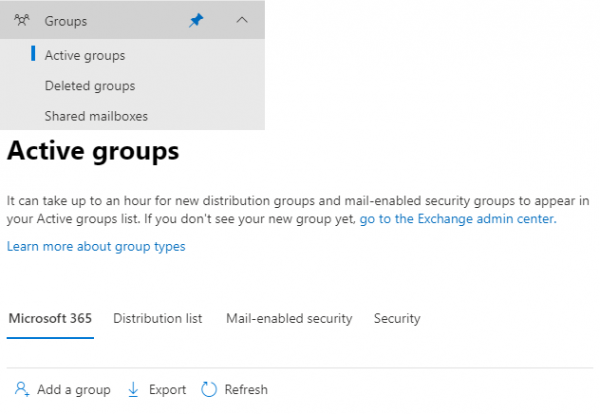


When users log in to the Office 365 portal, they’ll see installation options based on your selections above. Modify the user software options to suit your needs.Select Office software download settings.Navigate to Settings, then Services & add-ins.Log in to the Office 365 admin portal with your administrator account.You can even disable software downloads entirely, which is often preferred by organizations who are using existing software licensing for Office clients, or who want to full manage the installation process and not allow users to install the software at all. As an Office 365 admin you can control which versions of software are available in the portal for end users to install. For example, allowing both the 20 versions of Office for PC can mean an additional support burden for your IT teams. Those defaults might not be ideal for your organization. The update channel for Office 2016 also defaults to the Deferred channel, which means new feature updates will be installed every four months (security updates are still released monthly). In addition, the different installs include all features, which includes things like InfoPath 2013, SharePoint Designer 2013, and Skype for Business/Lync clients. At the time of this writing, the Office 365 client versions that are available are Office 2016 (for PC and Mac), Office 2013, and Office 2011 (for Mac). Although many business environments will automate the deployment of Office 365 software to their computers, users may still perform manual installations for BYOD cases or for their home computers.īy default, users can install multiple versions of Office via the Office 365 portal. Outlook, Word, Excel) on up to five devices. Several of the Office 365 plans include the right for licensed users to install the Office 356 client applications (e.g.


 0 kommentar(er)
0 kommentar(er)
